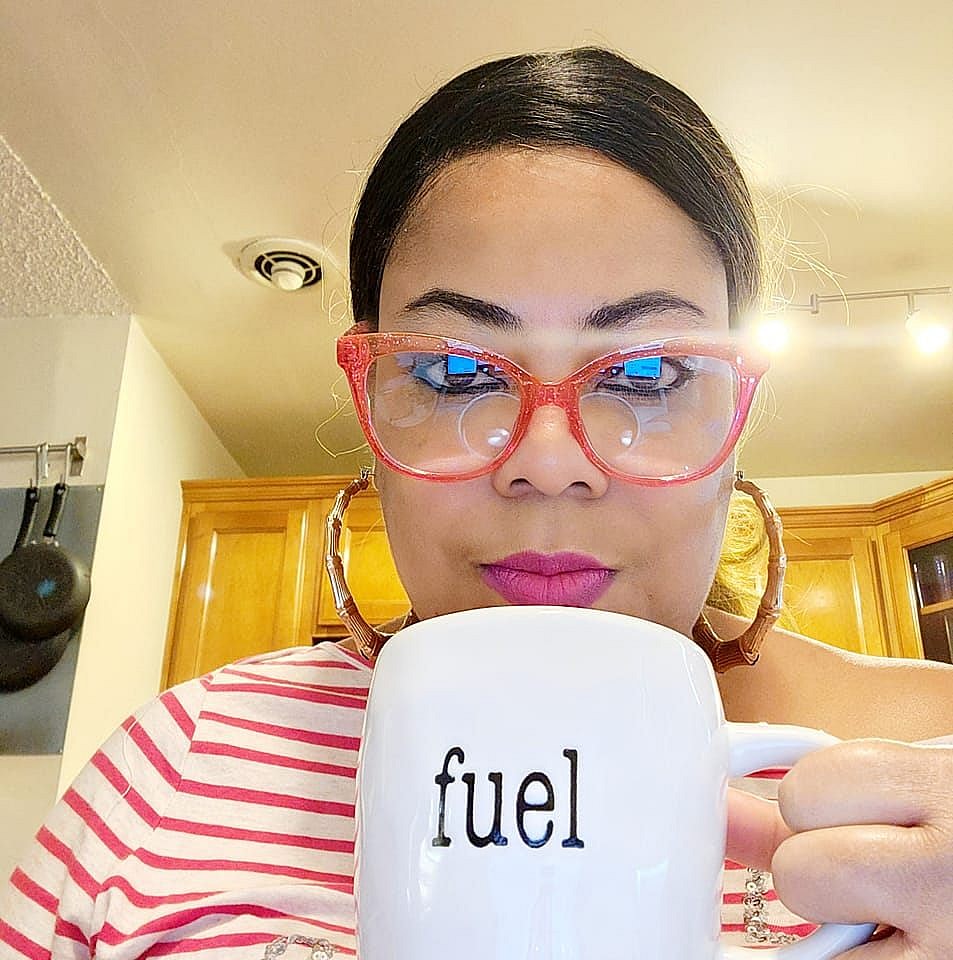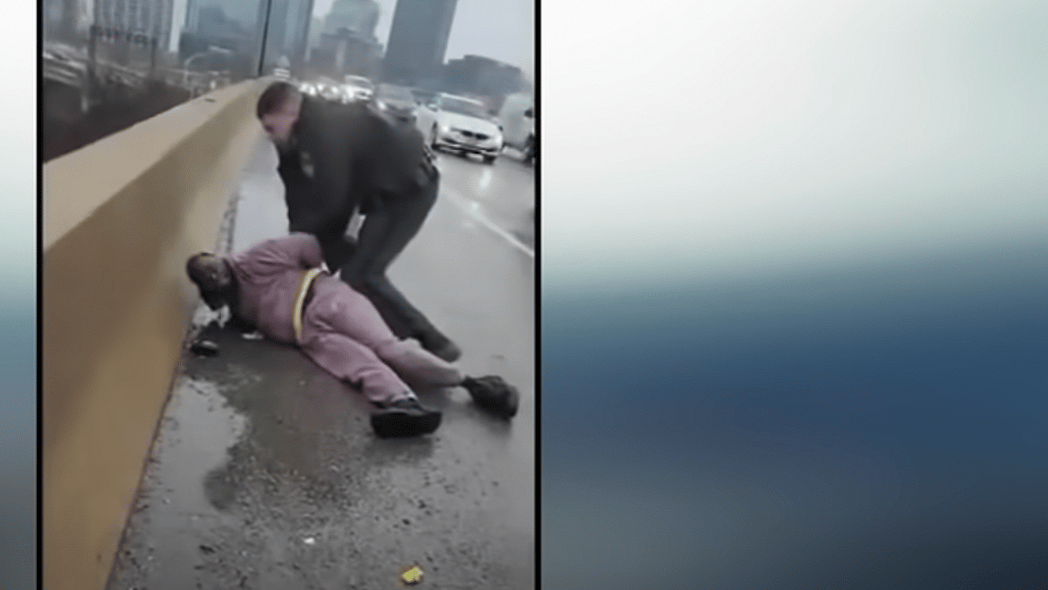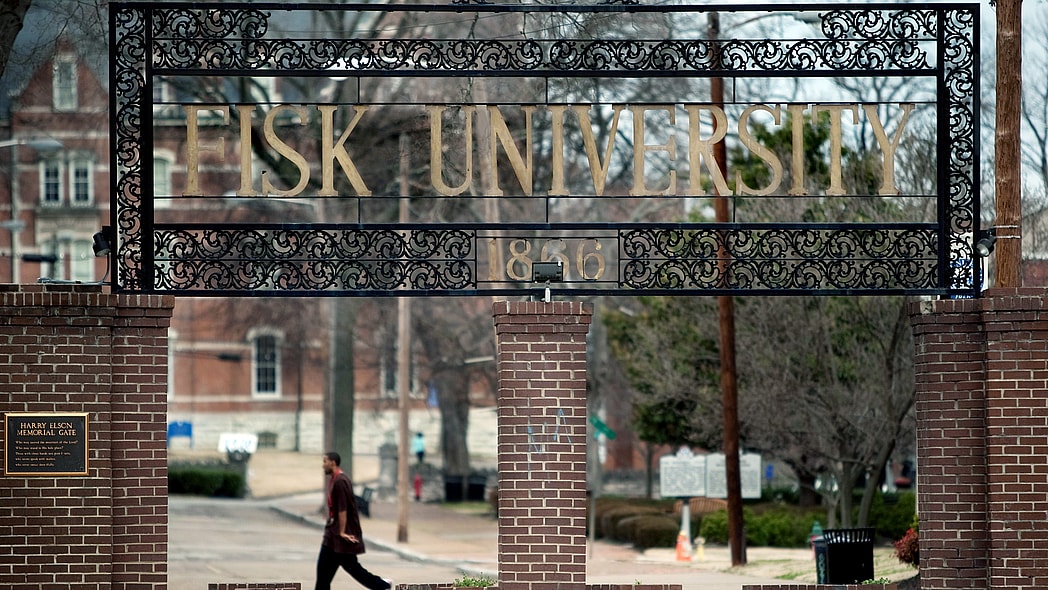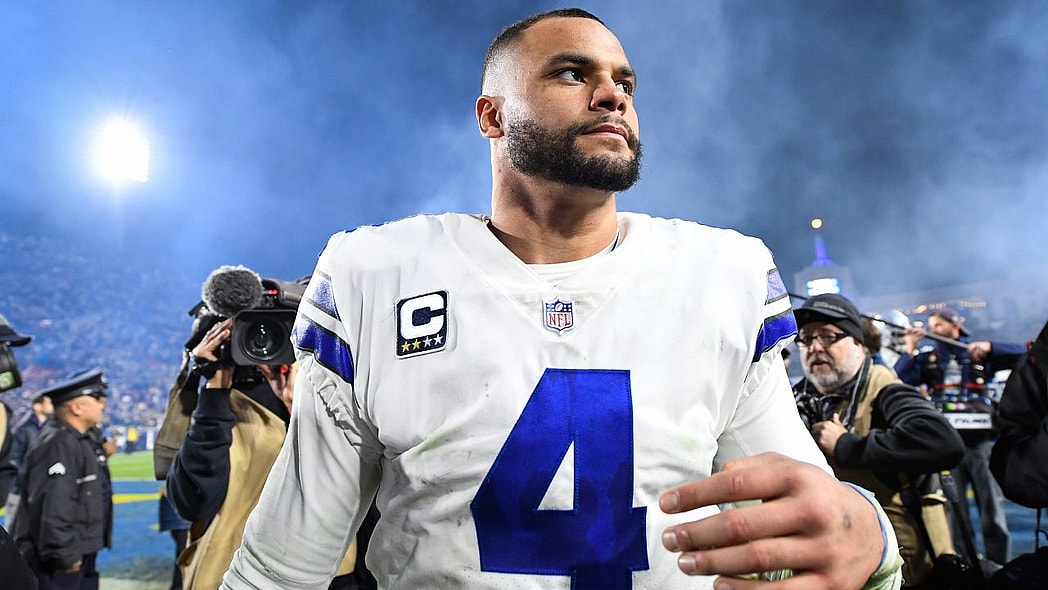Editor’s note: The following article is an op-ed, and the views expressed are the author’s own. Read more opinions on theGrio.
On March 3, 1991, the most infamous police brutality video of all time came into existence.
That night, LAPD officers Laurence Powell, Timothy Wind, Theodore Briseno, and Stacey Koon pulled over 25-year-old unarmed Black motorist Rodney King and viciously beat him. The beating was caught on the now historical video captured by concerned citizen George Holliday, who watched the beating from the window of his apartment across the street and began filming.
The officers punched, kicked and beat King with their batons while using their tasers on him repeatedly. They claimed King was resisting arrest, but from what we can see in the video and from what several eyewitnesses said, he did not resist.
Those officers had no idea they were being recorded, and it shows in the apparent glee and zest they take in beating him in that video.
It wasn’t the first time police officers had used excessive force against an unarmed Black person; comedy legend Richard Pryor regularly spoke about police brutality against Black people in his bits, and much like the acquittal of the officers accused of beating Rodney King in 1992 led to an uprising in the neighborhoods of South Central Los Angeles, the 1965 Watts Rebellion started because of the tense arrest of a Black man accused of drunk driving by a white California Highway Patrol officer.
The names and the faces change, but the story remains the same. The police are egregiously violent and seem to escalate situations involving Black citizens simply because they can.
Celena Morrison, the executive director of the Office of LGBT Affairs for the city of Philadelphia, was arrested Saturday morning along with her husband Darius McLean after a heated confrontation with a Pennsylvania State Trooper during a traffic stop along a busy highway in Philadelphia.
Police claim Morrison, who was pulled over in a gray Infiniti sedan, was stopped by the officer for “multiple vehicle code violations” including driving with “an expired and suspended registration, headlights that were not illuminated in the rain, illegally tinted windows, and driving too close to another car.”
Recommended Stories
After Morrison was pulled over, her husband — who was driving a separate car because they were taking one of the cars in for repairs — also pulled to the side of the road and parked behind the patrol car.
We don’t know what happened between the time McLean pulls up behind the patrol car and when the video starts, but the video begins with McLean on the ground in handcuffs crying and begging the trooper, who is standing over him, to let him go.
Morrison, who is filming, can be heard pleading with the officer. She tells him she works for the mayor, but instead of deterring him, it only seems to agitate him more. He is seen storming toward Morrison at one point, and the camera is then suddenly pointed toward the sky as we can hear Morrison exclaim, “He just punched me!”
I’m going to say that last part again slowly so that it sinks in. The officer is fully aware he is being filmed. He knows he isn’t dealing with regular everyday Black citizens, but rather at least one of whom works for the top office in the city. The camera is actively pointed at him and filming him as he rushes toward Morrison and allegedly punches her.
The camera didn’t stop him. Her being calm didn’t stop him. Her husband lying on the ground crying and pleading didn’t stop him. Knowing he was being filmed did not stop him.
You cannot reform this.
Not only did all of these factors not stop the trooper from going through with his actions, but he still proceeded to arrest both Morrison and McLean, claiming McLean was “verbally combative” and “refused multiple lawful orders.” Both McLean and Morrison were charged with “resisting arrest, obstruction of justice, disorderly conduct and other related charges,” police told NBC.
That’s copspeak for “these darkies weren’t immediately afraid of me, dared to question my motives, and wouldn’t immediately bow to my will and my intimidation tactics or my badge.”
The Philadelphia District Attorney’s office apparently sees it that way as well because they declined those charges against Morrison and McLean, and the couple was released on Saturday evening. A spokesperson told the Inquirer that no official charging decisions have been made.
The arrest is currently under investigation and the officer in question — whose identity is being protected because, of course — has been placed on restricted duty pending the outcome of the investigation.
There is, of course, no body camera footage because although there has been funding provided to give every single officer a body camera, they have yet to be rolled out in Philadelphia, State Police Commissioner Col. Christopher L. Paris told the Inquirer.
It doesn’t seem like a body camera would have made much difference in this instance because as previously stated, this guy did not seem to care that he was being filmed.
It’s almost as if cops know that even if they are being filmed, they will likely get away with whatever it is they are doing. Everyday citizens are expected to remain cool, calm and collected during encounters with police and do everything right so they don’t end up dead.
Cops, on the other hand, are allowed to fly off the handle, overreact to the smallest things, be afraid of their own shadows, unnecessarily escalate simple situations and create scenarios in which they can justify brutalizing the people they were supposedly hired to protect.
There is no amount of funding that will reform bad policing.
This incident happened almost 33 years to the date of the Rodney King beating, and if anything, policing has gotten worse.
At least in 1991, they had the excuse of not knowing they were going to be filmed.
Police today go into every situation knowing there is the potential for video footage of the encounter showing up somewhere, and that doesn’t stop them from doing their worst at every given opportunity.
Whatever happened with Celena Morrison and Darius McLean on the side of that Philadelphia highway did not warrant the behavior we saw the officer exhibiting in the video.
That anonymous officer will likely get a slap on the wrist and this will just be a light blip on his police jacket.
For Celena Morrison and Darius McLean, this incident will likely lead to ongoing nightmares and fear in the pit of their stomachs every time they see a police car — much the same way it is for all Black people.
Thirty-three years is a long time. It’s an entire adult. The first widely shared police brutality video has grown up, gone to college, got a master’s degree, gotten married and had its first child.
In that same time period, police brutality has gotten worse. It’s gotten more violent and led to more deaths. It has been encouraged by those who “back the blue.” It has been excused over and over again. It has been codified and legislated and normalized in ways that have almost desensitized most people to it. There is no reforming it.
We can’t even hope or pray for change.
We simply have to wonder who will be next.

Monique Judge is a storyteller, content creator and writer living in Los Angeles. She is a word nerd who is a fan of the Oxford comma, spends way too much time on Twitter, and has more graphic t-shirts than you. Follow her on Twitter @thejournalista or check her out at moniquejudge.com.
Never miss a beat: Get our daily stories straight to your inbox with theGrio’s newsletter.









